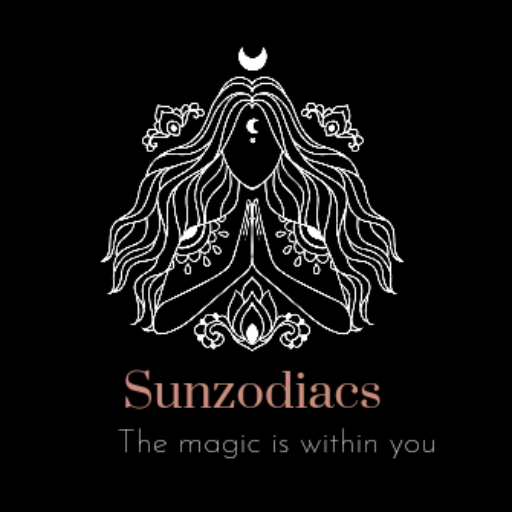Astrology is derived from the Greek word Astron meaning star and ology meaning ‘study of something’.
It is a belief system that positions and movements of the celestial bodies such as stars, sun, moon etc. affect the character and lives of human beings
Also, It is an ancient practice of studying the movements and positions of the celestial bodies which influence human behaviour.
The astrologers create horoscopes by analysing the positions and the movement of these celestial bodies at the time of the person’s birth.
These horoscopes provide insights into one’s character, future events, and even compatibility with others.
Astrology is considered a pseudoscience by the scientific community because its claims lack evidence.
History of astrology
The origins of astrology can be traced back to ancient civilizations such as Babylon, Egypt and Greece. These early societies observed the movements of celestial bodies and developed the principles of astrology. In ancient Greece, philosophers such as Pythagoras and Plato believed that the position of the celestial bodies could influence a person’s destiny, contributing to the development of astrology. They form the basis of the zodiac, an important element in astrology, in which the sky is divided into twelve parts, each associated with a particular constellation. The movement of the sun, moon and planets in these places forms the basis of astrological readings.
Principles of Astrology

Astrology is built upon several fundamental principles:
- The Zodiac Signs: The zodiac consists of twelve signs, each associated with specific personality traits and characteristics. These signs are Aries, Taurus, Gemini, Cancer, Leo, Virgo, Libra, Scorpio, Sagittarius, Capricorn, Aquarius, and Pisces. These zodiac signs are also divided into 4 categories: earth signs, fire signs, water signs and air signs.
- Planetary Influences: Astrologers believe that the positions of celestial bodies at the time of a person’s birth, particularly the sun, moon, and planets like Mercury, Venus, Mars, Jupiter, and Saturn, can influence their personality, behaviour, and life path.
- Horoscopes: Astrologers create horoscopes by analysing the positions of the celestial bodies. These horoscopes provide insights into an individual’s character, strengths, weaknesses, comparatively and potential life events.
- Astrological Houses: In addition to the zodiac signs, astrologers consider the twelve astrological houses, which represent different areas of life, such as relationships, careers, and family. The position of planets within these houses is thought to influence specific aspects of a person’s life.
The Popularity of Astrology Today
In the digital age, astrology has experienced a resurgence in popularity. Social media platforms, astrology apps, and online communities have provided a new platform for astrologers to share their insights and gain a global following. Memes, TikTok, and Instagram posts about astrology are also increasing the popularity of astrology.
Horoscopes provide individuals with a sense of self-discovery and the hope of a brighter future.
it’s popularity is also linked to its adaptability. It can be a tool for self-discovery, a source of entertainment, or a way to connect with others who share similar astrological interests or traits. Many people find comfort in identifying with the characteristics associated with their zodiac sign and enjoy discussing their astrological compatibility with friends.
Self-discovery

One of the primary reasons behind astrology’s enduring appeal is its promise of self-discovery. It allows individuals to understand their personality, strengths, weaknesses, compatibility and potential life paths based on the positions of celestial bodies at the time of their birth.
Horoscopes, often found in newspapers, magazines, and online offer daily or weekly insights into each zodiac sign. Many people turn to these horoscopes for guidance and reassurance, finding it easy that the universe has a plan for them. In a world filled with uncertainty astrology provides a sense of order and meaning to life which helps in the ups and downs of an individual.
Conclusion

In conclusion, astrology has captivated the human imagination for centuries. Its origins can be traced to ancient civilisations, and it has evolved with cultural, spiritual, and entertainment value. The astrologers create horoscopes by analysing the positions and the movement of these celestial bodies at the time of the person’s birth. While astrology has a lot of people who find meaning and guidance in their horoscopes, it also faces criticism from the scientific community due to the lack of empirical evidence.
Whether seen as a cosmic compass guiding one’s life or dismissed as a pseudoscience, It remains a significant aspect of human culture and still catches the attention of a lot of people. For many people, it provides a sense of order and meaning to life and helps in the ups and downs of an individual





4 Comments